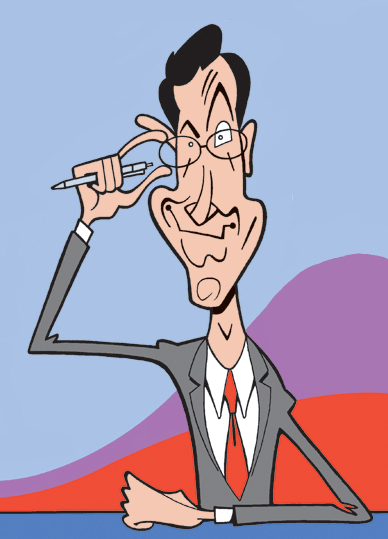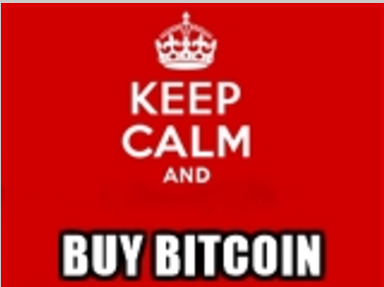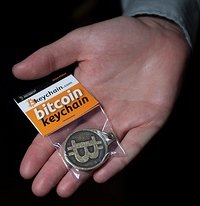The Truthiness of the Bitcoin Scaling Debate
Jameson Lopp, a CoinDesk contributor and frequent tweeter whom I have long respected unfortunately has taken to using alternative facts.
Now, just to define my terms here, what I mean by alternative facts is that when someone says something, as Colbert would put it, truthy, but not really true.
Bitcoin doesn't have a Core.
Bitcoin doesn't have a Foundation.
Bitcoin doesn't have an authority to stop people from claiming such things.— Jameson Lopp (@lopp) April 9, 2017
Now, I’ll take his comments in reverse order:
Bitcoin doesn’t have an authority to stop people from claiming such things.
Mostly true. Though two of the main venues of public discussion on all things Bitcoin, r/Bitcoin and Bitcointalk.org are both run by a person who goes by the name Theymos. Theymos has taken the view that any fork of Bitcoin (presumably not approved by Core) is by definition an altcoin and not worthy of discussion on his turf.
Theymos is legally totally within his rights to censor anything he wants on his turf, but since these are the two most frequented venues for Bitcoin discussion and information, quashing the concerns and suggestions of a large segment of the Bitcoin user population naturally caused resentment and acrimony.
So, yes. There is not authority in Bitcoin that can tell you what to say or not to say. But at the same time, there are people who are in a position where they can influence what a large number of the Bitcoin population hears and reads.
Bitcoin doesn’t have a Foundation.
A qualified false. Here’s the link to their still functional webpage. The Bitcoin Foundation for something on the order of a year and a half was an important feature of the Bitcoin ecosystem. Members of some of the most preeminent businesses came together to create what was a supposed to be a Bitcoin information clearinghouse and outreach center.
Right from the start, the foundation started irritating bitcoiners who viewed it as a kind of power grab. Since the foundation wanted to work with governments and legislators, some felt it was a violation of the principles of Bitcoin. And then came the accounting scandals, the arrest of one of the founding board members, the monumental collapse of MT Gox, etc., etc.
The foundation’s last board meeting appears to have taken place in November of last year. So, while there is a foundation, I am sure Mr. Lopp would say that it doesn’t exist in any meaningful way. But then, I expect if it were functional, that he would say that it doesn’t exist since Bitcoin doesn’t need a foundation.
Bitcoin doesn’t have a Core.
And this is the one that really got me writing is post. Yes, yes there is. When Satoshi invented Bitcoin, he was the sole developer. He got a few other people to help him, but really, it was all Satoshi.
When Satoshi moved on, he handed the keys to the Github account to Gavin Andresen – which meant that he and he alone could make changes to the client that Satoshi built. That doesn’t mean others couldn’t fork it, even then. Gavin, not wanting total control, gave others the ability to make commits, or changes to the core code. After some time, possibly due to disagreements with and opposition from the team he had empowered, Gavin stepped down as chief developer and handed the role off to Wladimir J. van der Laan.
The team of developers is actually several hundred strong with no requirements to join or leave other than writing good code that catches the interest of others. That being said, there are only five people who have the ability to actually implement that code and package it with new releases of the Bitcoin Core client.
It is this client and the features to carries that most people understand to be ‘Bitcoin.’ And it is forks of this client that people like Theymos consider forks of Bitcoin and thus not really Bitcoin.
It is absolutely true that another team could come along at any time and produce a client so good that everyone adopts it, and all of a sudden, the Core team would suddenly no longer be in control of the client that most people are using. However, one of the arguments made against other teams is that they DON’T have the pedigree and experience of the Core team. So it’s a catch 22. You can’t be Core unless you are Core.
This this is the reality of the situation right now. There is a Core team and there are people censoring opinions they don’t like, further fracturing and polarizing the debate. Denying these things doesn’t help move us forward. Recognizing the truth of the situation before us does.


